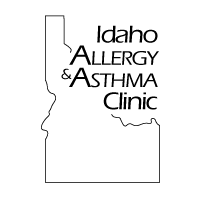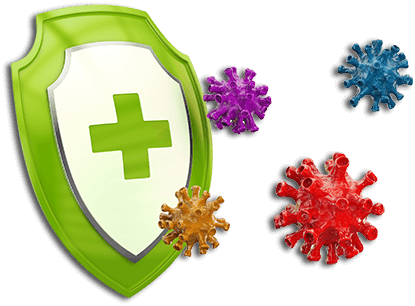Primary Immunodeficiency
- Four or more new ear infections within 1 year.
- Two or more serious sinus infections within 1 year.
- Two or more months on antibiotics with little effect.
- Two or more pneumonias within 1 year.
- Failure of an infant to gain weight or grown normally.
- Recurrent, deep skin or organ abscesses.
- Persistent thrush in mouth or fungal infection on skin.
- Need for IV antibiotics to clear infections.
- Two or more deep-seated infections including septicemia.
- Family history of primary immunodeficiency.

Other things to look out for include:
If there is a history of family members dying under the age of 10 from infections, multiple miscarriages, or a family history of closely related people having children together. PI may seem to be rare but can be present in 1:500 people (1).
There are over 350 described different primary immunodeficiencies described (2). These conditions can be minor problems that are accidentaly found on routine blood work, or they can be life threatening. They can involve many different pathways and proteins that are involved in fighting off infections and so the treatment for them can be quite different.
Treatment can involved using antibiotics to fight off infections, stem cell transplants, or infusions of antibodies to help a person to be able to fight off infections.
If you or your loved ones have a concern for frequent infections please contact our office for evaluation.






